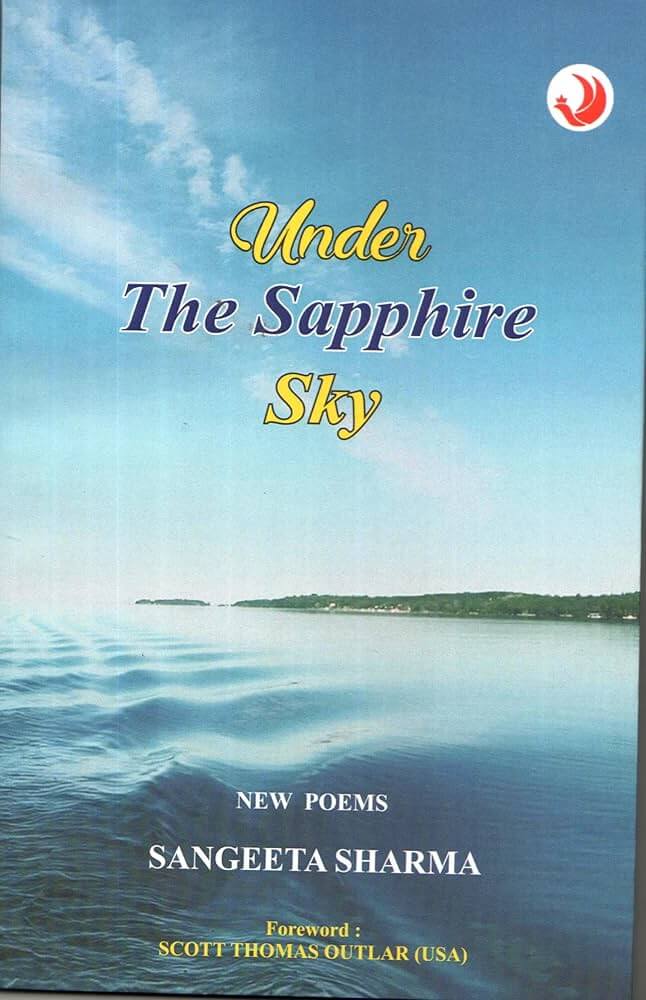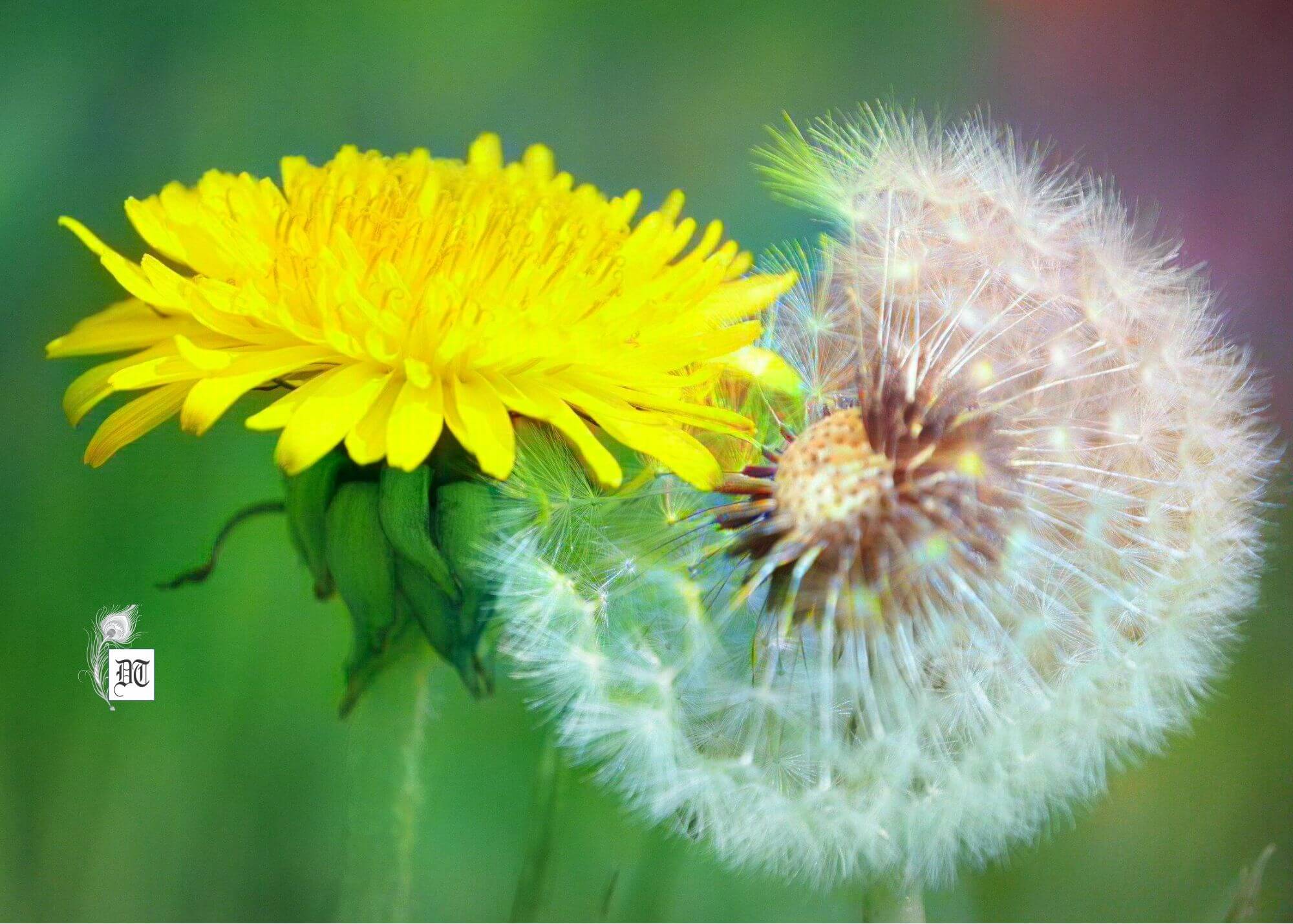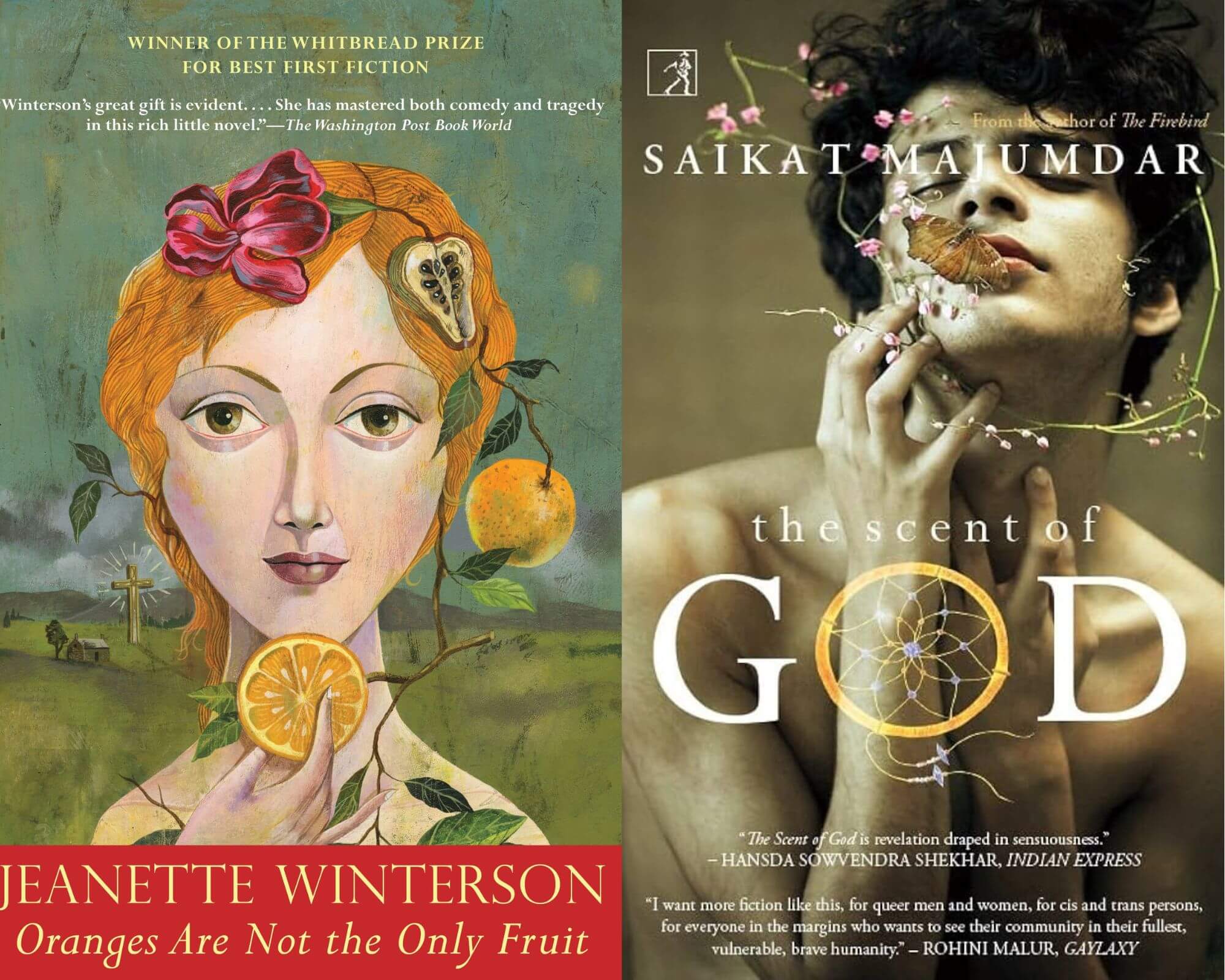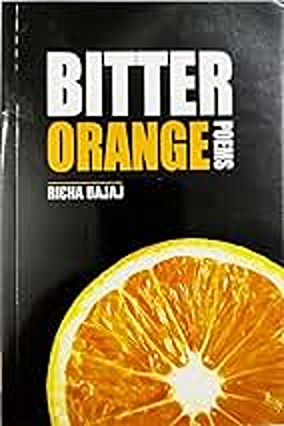Dr Sutanuka reviews Sangeeta Sharma’s “Under the Sapphire Sky,” a collection of 76 poems blending classical and modern existential concerns, exclusively for Different Truths.

Sangeeta Sharma is an academic and creative writer based in Toronto Canada. Under The Sapphire Sky, a collection of 76 poems is her latest collection of poetry. “Marshalling an eclectic cast of characters from both human realms and the natural world in striking settings Sharma blends classical sensibilities and modes with an incisive eye on existential quandaries of our modern species, mining the valuable intersections of ecology and our time’s continuing pursuits of happiness and meaning in an imperiled age,” writes Jerome Burglund in the blurb of the book.
A Neat Structure
The book has a neat structure and is divided into five sections: “Nature, Nostalgia, Culture, L’amore, and Reflections. The title Under The Sapphire Sky is intriguing and it may denote the primeval Persian belief that the World is balanced on a giant sapphire, and the sky’s blue colour is a reflection of it. In some other religions, the blue colour of the sapphire represents the heavens. The stunning book cover adds to the aesthetic appeal.
‘The luminous sun casts/ incandescent rays / Vitalizing the flora and fauna of the space/ Whets the life-giving force/ The lone tree, its nourishment derives/ Standing tall, sieves the divine light’. The opening poem ‘Design of the Universe’ is the key to unlocking the collection. The reiteration of the faith in the design of the universe facilitates the poet’s journey into the past, present, and future.
Sharma writes, “Close propinquity and communion with the bounteous Nature, inaugurated a new reality, a sensibility, in an odd and mysterious way, almost magical,..resulting in an ecstatic moment”. The poet is a contemporary pastoral poet who is free from the complexities of modern city life and idealizes rural life and the countryside–“Magical is the early morns when nothing else is heard/ Then waking up intense chirp of the birds”.
Serene Atmosphere
The titular poem “Under the Sapphire Sky” captures the serene atmosphere with quietude “I lay sprawling on the beach chair under the open blue sky/ Surrounded with a panoramic enormous expanse of exotic/ sapphire waters of the Indian Ocean/ It was either blue of the skies or of the water/ Or the green of the beautiful lined-up trees/ Trying to sink in the feeling –the utopian scene”. The quietude breaks when the counter-currents of change are sweeping away everything around oneself –“Some laze in the sun under the canopies/ Others splash in the blue seawater their thighs/ And a few poses for selfies/ Soon to be posted on their WhatsApp and FBs/ Their wanderlust proofs…” The poem is aesthetically embellished with a coloured photograph titled “The Bouying Air”. The colours in the picture bleed and blended to create eye-catching greenery.
The next section “Nostalgia” is crafted with a tender feeling of wistful yearning for a time in the past, often one that was happy. ‘Alma Mater’ evokes this feeling. Sharma writes, “My alma mater often beckons/ Prods me to revisit and have a look/ at the edifice/ To scurry through its corridors and sit in the cool,/ shaded green-house”. The poet feels nostalgic when she fondly remembers her father –“His specs/ His walking stick/ And his medicine box/ Remind me of my father/ Whom I have lost/ I search for him in the sky/ And the stars/ And in his accoutrements”.
The next section ‘Culture’ shows the rootedness of the poet. Poems like ‘Krishna Ashtami’ and ‘Diwali’ are collections of shared values, beliefs, behaviours, and practices that characterize her soul. Pablo Picasso once observed ‘The artist is a receptacle for emotions’. The poems in the section titled ‘L’amore’ are true to Picasso’s observations. The poet talks ‘of her love’– her epiphanic moments and fondly recalls how love has always wrapped her in the journey of life. “My love, I have heard you speak your dreams/ flapping arms in the crashing waves of the sea/ seen your golden hair turn grey/ deciphered the sorrows of your changing face”. When the poet writes it is not with the measured steps of a contemporary poet but with the bubbly, flamboyant sensuality of a simple woman intoxicated with love.
Modernity Robs Humanity
“The final ‘Reflections’ section of the book deals with the often-harmful encroachments of modernity on familial relations and traditions”. Modernity robs us of our humanity. Sharma is suave in her treatment of the fissures of familial relationships and subtle in exploring the different phases of life. Yet the poet is hopeful “Reality stares right in the face/ Partings, miserable, brings tears/ Throw the loving ones out of pace/ Life on Earth ebbs and flows in transient waves/ It’s only wisdom and maturity to accept it with grace/ Inspire me with the libretti that soothe and caress the emotions/ I wanna sing songs that buoy the spirits and give consolation!”.
Under The Sapphire Sky keeps the readers riveted besides intensifying dramatic tension at crucial moments. “In this journey called life/ There’s pleasure and pain/ There’s loss and gain/We, as travellers, should not complain and like Phoenix rise/ again and again”. ‘The Final Veracity’ makes thoughtful inquiries into the feminine quest for divinity and devotion. The collection is woven into sections of pure poetry through elaborate interpretive poetic thought as well as the subtle representation of emotions.
Cover photo sourced by the reviewer






 By
By
 By
By
 By
By
 By
By